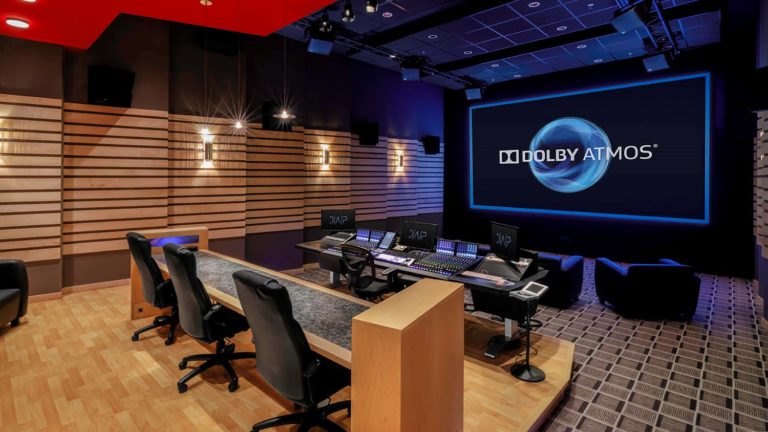CEO Amos Biegun discusses how the Performance Rights Act, currently before Congress, will affect the future of royalties
We were set up in the early days to provide copyright licensing and royalty accounting or royalty management software for the music industry, split into music publishing and the record labels. We started out on the big IBM-based machines, moved into DOS-based systems, and now all our software is Windows and browser-based stuff. We are the largest supplier of packet software to the music industry. Most recently, as we expand our software, we’ve moved a lot of it online. We now allow music publishers and record labels to offer their royalty statements to composers and artists online, like an online bank. They log on through a secure portal, download their statements, look at their financial transactions. Our customers want to offer a better service at a lower cost, and the only way to do that is to move it online. We also provide software to what we call the media industry, which is film, TV, and any audio/visual content over IP. And we have another division that deals with rights management and royalty accounting for consumer products, what we call merchandise licensing. The royalty accounting for Matt Groening’s company, for example, is done on our software. In the music space, we have a specific product for music publishers, one for record labels and one for production music, primarily music recorded in North America, where the rules are very different than they are in the rest of the world.


How so?
Every licensing transaction in the U.S. that takes place for clearing production music for use in films and TV is done directly from the libraries to the ultimate users of the music. Most transactions are either needledrop, based on duration, or blanket fees that require the user, usually a television station or studio, to generate usage reports every quarter. Our software will take the money and those usage reports, and do the allocation payments due to the third parties. In Europe, and most of the rest of the world, it’s very different. The production music libraries still work very hard to get into the hands of the post-production houses but all of the admin, in terms of the licenses, are done by the Performing Rights organizations. So there’s less of a need to use specific library software.
What is Counterpoint’s involvement with the Performance Rights Act?
We’ve been really involved in an advisory role. We’ve been trying to get involved with organizations, such as PPL here in Europe and Sound Exchange [a nonprofit, designated by the Library of Congress, to collect royalties on behalf of sound recording copyright holders, typically, record labels, but also production music owners] in the U.S., that will potentially be dealing with the increased volume of activity if the bill goes through. It’s hard for us, as a UK-based company, since it’s something we take for granted here in Europe: analog performance of recorded music has always generated a royalty to the owner of the master recording. Full stop. In the U.S., that didn’t happen until the Digital Millennium Copyright Act came through in 1998. Now it’s a very difficult time. One party sees it as a tax and the other as a human right. So now we all have to wonder: Will it be for the benefit of intellectual property owners as a whole, or will this be the beginning of the end for the broadcast of music across analog airwaves in the US?
What we have tried to do is to be flexible. Our software has been adapted to handle this for North America, because we’ve always been able to do this for Europe and other regions where we sell our software. We’ve tried to get as close as possible to organizations such as Sound Exchange to help them facilitate this new business model if it does go through. Along with the concurrent digital explosion, the volume of royalties and transactions will suddenly be exponentially greater for them, and they need a way to deal with that. I understand that here in the UK the hugely popular ad-supported streaming site Spotify is sending huge data files to PPL in order to process all of the royalties it must pay. And it’s crippling the PPL, who must split all that revenue amongst their members. The cost of dealing with all this data is so high that they are running into real problems.
What is the solution?
We need better systems that can deal with micro-payments and rounding, say how do I take a penny and split it twelve ways. Also, more automatization and standardization. I also think-and this is my personal opinion-there has to be some sort of legislation. As more and more of these services, like Spotify, grow, if the businesses can’t extract more revenue from them, one may have to decide that a pro-rated, line-by-line allocation of royalties is just not practical or cost-effective any more. The way to do it is to pool the money and allocate it based on different criteria. How would you make sure that the top-earning artists don’t just get a bigger share of the pie? You take some of that pooled money and push it into funds for emerging artists or those that don’t generate the stadium revenues. To take 27 million lines of data, which only represents about $3,000 in royalties, is going to be very costly to allocate. So in addition to better systems, I think we have to come up with a fresh approach to how we handle these royalty-generated funds. The worst possible scenario is that these funds aren’t distributed to the artists at all. We can’t have that, so we’ve got to find a better way.

Crafts: Audio
Sections: Business Technology
Did you enjoy this article? Sign up to receive the StudioDaily Fix eletter containing the latest stories, including news, videos, interviews, reviews and more.









